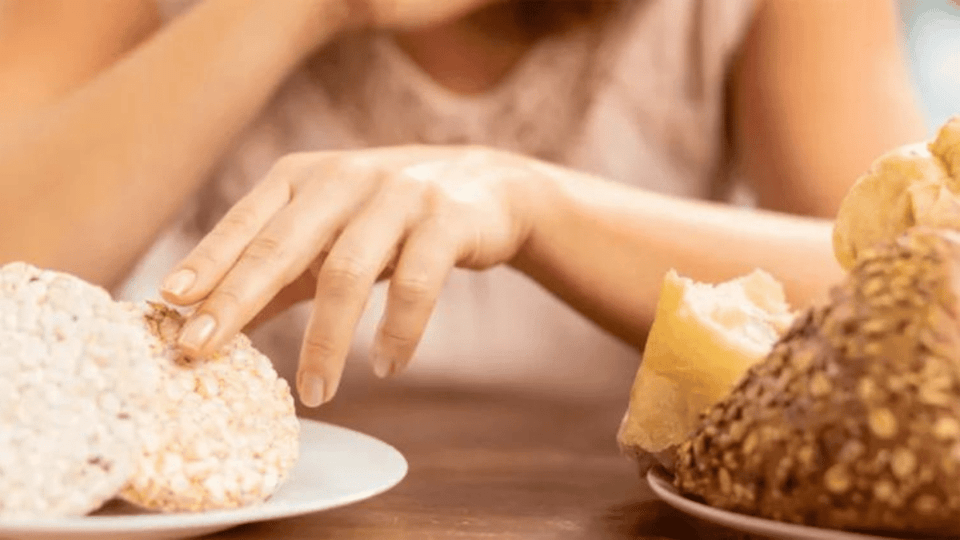You can become gluten intolerant at any age, even if you have no history of suffering from this condition. It can be more challenging for people who develop it later in life, as dietary habits are hard to change. From cereals to sandwiches and pasta to muffins, gluten products are integral to almost every meal. This can make it especially challenging to eliminate gluten from your diet.
When a person becomes gluten intolerant, the gluten protein starts damaging the small intestine, leading to inflammation and celiac disease. The symptoms may include pain, diarrhea, malnutrition, anemia, and osteoporosis. However, transitioning to a gluten-free diet gradually allows the person to feel better, become healthier and find the motivation to continue with the gluten-free lifestyle.
Diagnosis of Gluten Intolerance
Gluten intolerance can lead to celiac disease as well as non-celiac gluten sensitivity. If you suffer from diarrhea, constipation, bloating, stomach discomfort, malnutrition, involuntary weight loss, headaches, or joint pain, be sure to consult your doctor.
Even if you have consumed gluten all your life, this primary protein in wheat, barley, and rye may cause problems as you grow older. A blood test can detect celiac disease, but a stool test is more reliable in diagnosing gluten intolerance, including non-celiac gluten sensitivity.
It’s Natural to Have a Grieving Period
It’s natural to feel upset after being diagnosed with gluten intolerance. Gluten is abundant in the traditional American diet since wheat, flour, and other gluten-rich products are used in many commonly consumed foods, like bread, cereal, pizza, sausage, deli meat, salad dressing, and even soy sauce. But if you want to eat and feel better, it’s time to switch to a gluten-free diet. Your health could be compromised by consuming gluten, even once a week.
Instead of focusing on what favorite foods you can no longer eat, learn about all the delectable foods naturally free of gluten that you can readily enjoy. Remember that sticking to the diet will get easier with time, especially as you start to feel better and healthier.
Eliminate Gluten from Your Environment
Remove any gluten-rich food from your kitchen in order to make it easier for you to adhere to your new diet and avoid cross-contamination. Keep a portion of the kitchen gluten-free for yourself if you live with relatives or friends who do not follow a gluten-free diet.
Following a Gluten-Free Diet
Most supermarkets have a section with gluten-free bread, cereals, and cake mixes. You can rely on these meals without risk, but be aware that they may be heavy on your pocketbook and more heavily processed than normal food items.
You can choose naturally gluten-free food items for budget-friendly options. For instance, you can substitute sweet potatoes, white potatoes, yucca, rice, fruits, and yogurt for the carbohydrates you previously obtained from wheat. And select fresh and unprocessed proteins, such as beef, chicken, fish, or eggs.
When eating out, always inquire about the ingredients used and mention that you are gluten intolerant. Avoid food items that have been processed, marinated, or breaded, as they may contain gluten. Learn how to create gluten-free meals at home using almond oil, coconut flour, and other gluten-free options if you want a treat.
